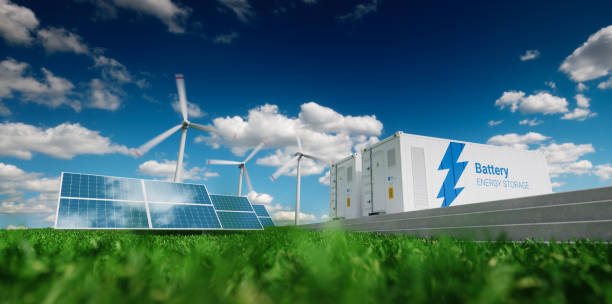The Top Advantages of Solar Generators

A solar generator is a device that produces electricity without using fuel or gas. It typically consists of a solar panel and a battery storage system. Depending on the size of the solar panels, the batteries can store either a small or a large amount of energy. A charge controller controls the amount of energy stored in the battery and regulates the output from the solar panels. This process makes solar generators a reliable backup power source.
A solar generator's power rating is the amount of power it can generate at a time. A lower rating means less power. Likewise, a higher power rating means more power in a shorter amount of time. The power output is measured in watts or watt-hours. For example, a single 100-watt electric fan can draw about 70W. However, a hair dryer and a portable induction burner can draw up to 1,600W. An inverter's capacity is usually listed in terms of watts. Choosing a device with a lower wattage capacity means you won't be able to power more than a single device at a time. Make sure to click here for more details!
Solar generators are available in a variety of prices. For under $1000, you can choose a unit that is rugged enough for camping. If you don't need a high output, but still want a backup power source, you can purchase a Jackery Explorer 1000. This device has a modest output and storage capacity, but it can run your TV and fridge. It's also great as a backup device in case of emergency. Make sure to check out this website at https://www.britannica.com/technology/electric-generator/Permanent-magnet-generators for more details about generators.
Solar generators also have a built-in battery management system, which regulates the charging and discharging of the cells. The system balances the voltage and current in the battery pack and shuts off the system if it detects an unsafe condition. In addition, a solar generator can be made portable by attaching it to a vehicle or RV electrical system. The installation process is relatively simple and requires a few simple tools. After installation, maintenance of the solar generator is minimal.
Another advantage of solar generators is that they don't produce a lot of noise. Unlike traditional generators that use fossil fuels, solar generators don't emit any emissions, which contribute to air pollution and climate change. Solar generators do not require fueling or oiling. Additionally, they do not require starting and maintenance, which makes them the ideal choice for homes and businesses that want to reduce their carbon footprint.
A solar generator is an inexpensive and portable backup power system that combines portable solar panels with a battery and an inverter. They're a great option for camping, RVing, and boating trips, as well as for emergency power backup. Depending on the size of your home and battery storage, solar generators can provide power to multiple appliances.
When buying a solar generator, remember to choose one with the features you need most. Various brands offer different types and models of solar generators, and you'll want to determine which features will be best for you. Make sure you also consider the size of the generator and how much energy it will generate. Get extra resources here!
